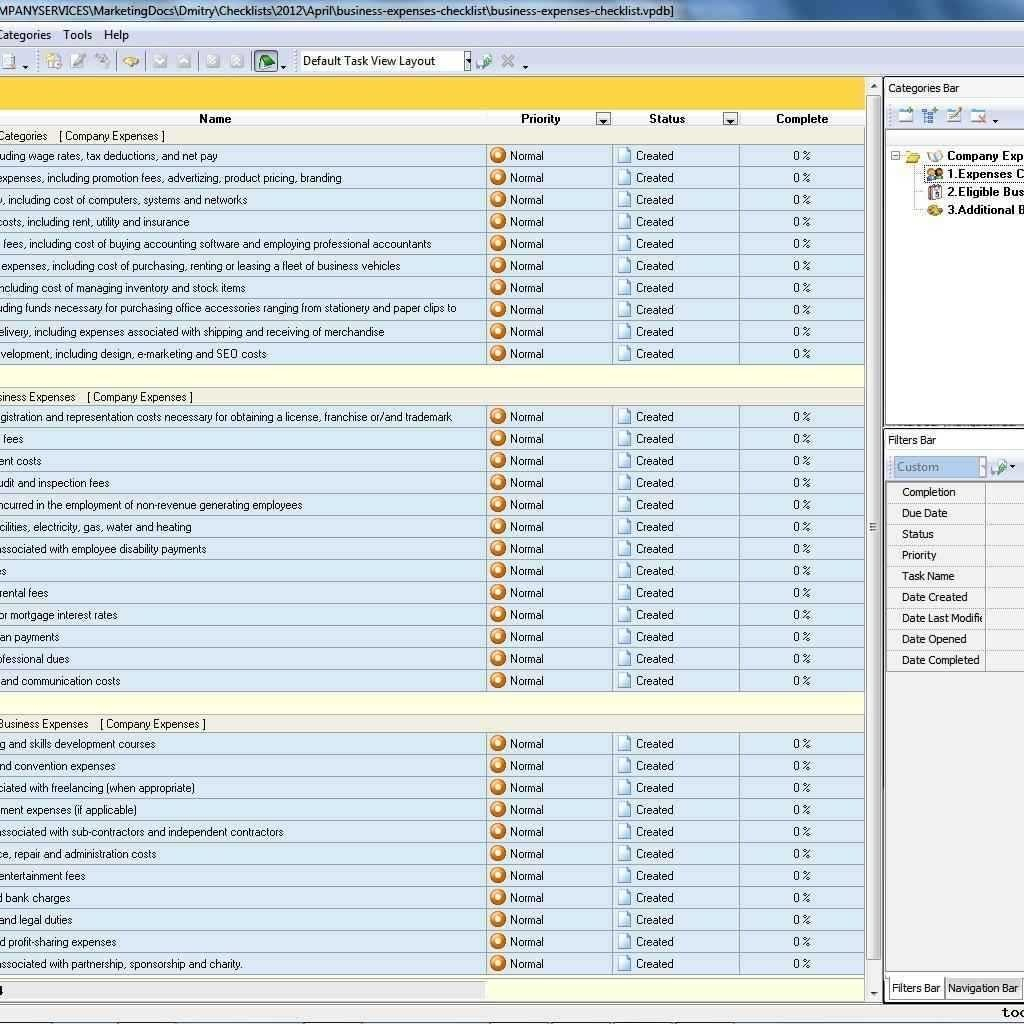
- #WHERE TO LIST CONTRACTOR EXPENSES ON 1120S CODE#
- #WHERE TO LIST CONTRACTOR EXPENSES ON 1120S SERIES#
See Tax Rates for information on current and historic tax rate information. Franchise Tax Returns and Information ReportsĮach taxable entity must file a Franchise Tax Report (No Tax Due, EZ Computation or Long Form) and an Information Report (Public Information Report or Ownership Information Report).įranchise Tax Rates, Thresholds and Compensation Deduction Limits
#WHERE TO LIST CONTRACTOR EXPENSES ON 1120S CODE#
See Tax Code Section 171.1014 and Rule 3.590 for more information on combined reporting. Members of a combined group must use the same method to compute margin. Taxable entities that are part of an affiliated group engaged in a unitary business must file a combined group report. Certified Historic Structures Rehabilitation Credit under Texas Tax Code Chapter 171, Subchapter S (effective for reports originally due on or after Jan.Research and Development Activities Credit under Texas Tax Code Chapter 171, Subchapter M (effective for reports originally due on or after Jan.Temporary Credit for Business Loss Carryforwards under Texas Tax Code Section 171.111 (effective for reports originally due on or after Jan.The following franchise tax credits are available: See Tax Code Section 171.106 and Rule 3.591 for more information about apportionment. Margin is apportioned to Texas using a single-factor apportionment formula based on gross receipts. See Tax Code Section 171.1013 and Rule 3.589 for more information about compensation. benefits provided to all personnel to the extent deductible for federal income tax purposes, including workers’ compensation, health care and retirement benefits.Ĭompensation does not include 1099 labor or payroll taxes paid by the employer.W-2 wages and cash compensation paid to officers, directors, owners, partners and employees (including net distributive income to natural persons) for the 12-month period upon which the tax is based, subject to the inflation-adjusted per person wage and cash compensation limitation and.The compensation deduction includes the following: See Tax Code Section 171.1012 and Rule 3.588 for more information about cost of goods sold. Taxable entities that only sell services will not generally have a cost of goods sold deduction. There are other cost of goods sold allowances for certain industries. Cost of Goods SoldĬost of goods sold generally includes costs related to the acquisition and production of tangible personal property and real property. See Tax Code Section 171.1011 and Rule 3.587 for more information about total revenue. foreign royalties and dividends under Internal Revenue Code Section 78 and Sections 951-964.dividends and interest from federal obligations.Total revenue is determined from revenue amounts reported for federal income tax minus statutory exclusions.Įxclusions from revenue include the following: total revenue minus $1 million (effective Jan.total revenue minus cost of goods sold (COGS).Unless a taxable entity qualifies and chooses to file using the EZ computation, the tax base is the taxable entity’s margin and is computed in one of the following ways: a trust exempt under Internal Revenue Code Section 501(c)(9) orįranchise tax is based on a taxable entity’s margin.a trust qualified under Internal Revenue Code Section 401(a).a nonprofit self-insurance trust created under Insurance Code Chapter 2212.real estate mortgage investment conduits and certain qualified real estate investment trusts.certain grantor trusts, estates of natural persons and escrows.certain unincorporated passive entities.entities exempt under Tax Code Chapter 171, Subchapter B.general partnerships when direct ownership is composed entirely of natural persons (except for limited liability partnerships).sole proprietorships (except for single member LLCs).The following entities do not file or pay franchise tax: See Franchise Tax Rule 3.586 for a list of some activities considered to be “doing business in Texas.” Entities Not Subject to Franchise Tax partnerships (general, limited and limited liability).
#WHERE TO LIST CONTRACTOR EXPENSES ON 1120S SERIES#


Entities Subject to Franchise TaxĮach taxable entity formed in Texas or doing business in Texas must file and pay franchise tax. This information applies to reports originally due on or after Jan.


 0 kommentar(er)
0 kommentar(er)
